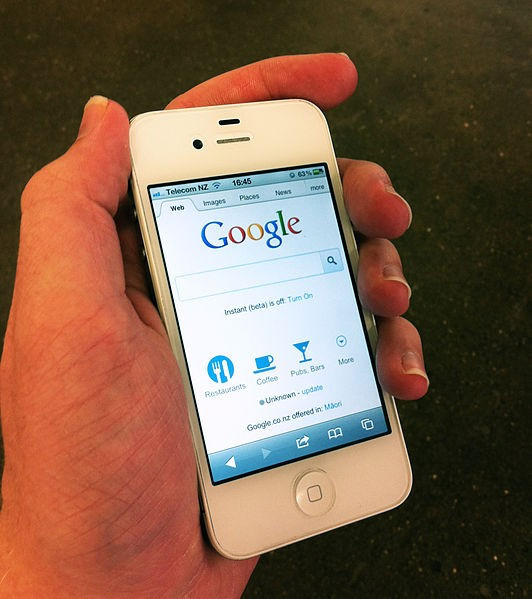Apple accused of slowing down older iPhones with iOS 9 update

Apple has been issued with a class action lawsuit that alleges the company knowingly caused the iPhone 4S to become slow and sluggish when owners upgraded to the latest iOS 9. The claim put forward by 100 people stated the upgrade made their handsets almost unusable and felt they were being forced to buy new iPhones.
The lawsuit alleges Apple knew of compatibility issues with the new operating software for older generations of iPhones, and is being sued for $5m (£3.3m) in compensation, which could be trebled. A full report of the case accuses Apple of "deceptive trade practices and false advertising" after the iOS 9 upgrade "significantly slowed down their iPhones and interfered with the normal usage of the device." It goes on to say it left "the Plaintiff with a difficult choice: use a slow and buggy device that disrupts everyday life or spend hundreds of dollars to buy a new phone."
The Plaintiff complains that the iOS 9 upgrade resulted in his phone suffering from freezes and crashes, as well as apps (first and third-party) having delayed response to touch, and core functions such as text and email to perform poorly.
His case also attacks Apple for not warning users of this potential problem when upgrading, and complains of its policy of not allowing users to downgrade to an older iOS version, which might help the iPhone become usable.
Apple should protect consumers
With every Apple iOS upgrade comes new features and updates to make iPhones perform better. However, older generation iPhones cannot match new handset performances. This is also being raised in the case, claiming Apple has a responsibility to protect consumers who may be unaware of this. It argues Apple users are forced to buy another Apple device rather than switch to a rival, because of non-transferable features like apps.
While the sum of $5m is a negligible sum of money for Apple, should the company lose it could open up the floodgates for the many people still using older generation iPhones. The case has been put forward to the New York district court with no dates been set for hearings as yet.
© Copyright IBTimes 2025. All rights reserved.






















